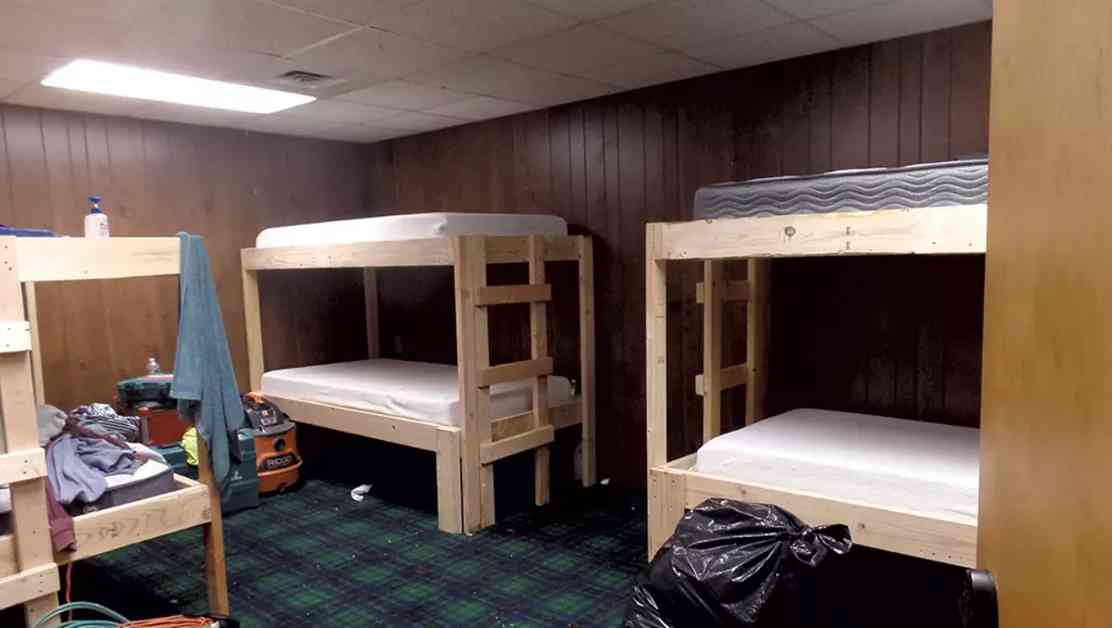Migrants’ Impact on Vermont Construction Sector
In a shocking revelation, Vermont Construction Company has been fined twice recently for operating unsafe dormitory-style housing in commercial buildings, raising questions about the prevalence of migrant laborers in the state’s construction sector. The company, known for its rapid growth and ambitious founders, Dana Kamencik and David Richards, has come under scrutiny for housing dozens of immigrant workers in hazardous conditions.
Unsafe Living Conditions Uncovered
Following anonymous tips, state inspectors found crude living spaces with bunk beds, exposed wiring, and limited fire safety measures at Vermont Construction’s locations. The discovery of these unpermitted dwellings has shed light on the growing trend of immigrant workers in the construction industry, particularly in roofing, where migrants are increasingly becoming a disruptive force.
Controversy and Labor Abuses
The Associated General Contractors of Vermont has distanced itself from the company’s housing violations, emphasizing the low prevalence of immigrant workers in the sector. However, advocacy groups like Migrant Justice estimate that over 300 immigrants are working in the trades in Vermont, often as subcontractors. This practice has raised concerns about potential labor abuses and unfair competition within the industry.
Impact on Local Businesses
Local roofing contractor Jim Billado highlighted the challenges faced by small businesses due to the influx of immigrant subcontractors. Billado criticized larger firms like Vermont Construction for potentially exploiting laborers and underbidding competitors by providing lodging to workers. The issue of worker safety, fair competition, and regulatory compliance has sparked calls for state intervention and investigation into these practices.
As the debate surrounding migrant workers in Vermont’s construction sector continues to unfold, the implications for industry standards, labor practices, and regulatory oversight remain at the forefront of public discourse. The intersection of immigration policy, labor rights, and business ethics underscores the complex dynamics shaping the state’s construction landscape.










